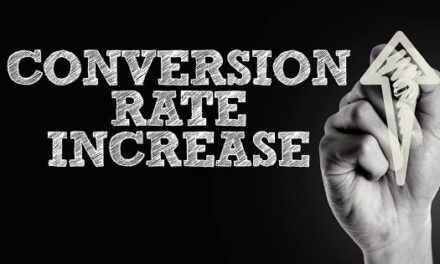Recent years have seen a shift in the way that people work, with a rise in the number of people hiring themselves out as contractors and freelancers.
Whilst there are obvious benefits and drawbacks for both employees and contractors, there are also legal implications to consider. Possessing an ABN and issuing invoices does not a contractor necessarily make! It’s important when hiring a contractor that you consider your obligations towards them regarding superannuation and PAYGW.

Partly because of the attraction of (seemingly) not having to pay a contractor’s tax, super, sick leave, annual leave, Workcover, etc., a contractor is viewed as a cheaper option. Certainly, from an employer’s perspective, there is less paperwork involved in hiring contractors.
Some of the common Myths about what makes a contractor a contractor include:
- They have an ABN – to determine whether someone is an employee or contractor a range of factors need to be considered (See links below).
- They issue you an invoice – again, this doesn’t automatically make someone a contractor (as above).
- You’re engaging them for short-term work – length of employment is not an indication that someone is a contractor rather than an employee.
- The 80% Rule (this applies to an individual’s Personal Services Income and has no bearing on that person’s situation as an employee or contractor).
- Industry Practice – just because everyone is doing it doesn’t actually make everyone right! Do your own research.
- Worker wants to be classified as a contractor/you want to call the worker a contractor – you may call them whatever you like, but it won’t change your superannuation and PAYGW obligations as an employer, if the ATO determines that they are legally an employee, then that’s what they are.
There are other examples, as well as explanations of various rulings available here.
The ATO also provides an employee vs. contractor tool to help you determine the best outcome here.
There are some workers who are ALWAYS employees:
- Apprentices
- Trainees
- Labourers (as opposed to a labour hire company)
- Trades assistants.
On the other hand, companies, trusts and partnerships are always contractors, so if you hire people through one of these, then the relationship is considered contracting for tax and super purposes.
Also, if you do hire someone as a contractor, ensure they provide you with a legitimate Tax Invoice that quotes their active ABN and indicates whether GST is charged or not before you pay them. If they don’t, you are required to withhold 49% of the invoice total to be lodged as part of your BAS. This goes towards the contractors PAYG (Income Tax) obligations with the ATO.
Failure to do this can result in your business STILL having to remit that 49% to the ATO, regardless of your having already paid the ‘contractor’ in full.
If you’d like further information regarding the benefits or pitfalls of engaging staff or contractors in your business, please do not hesitate to contact our Team.
Subscribe To Our Newsletter
Join our mailing list to receive the latest news updates and offers from our team.




















